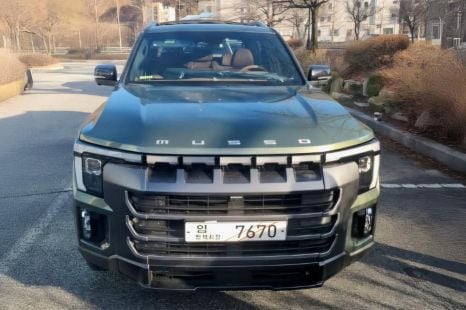

Damion Smy
2026 KGM Musso ute images leaked
4 Hours Ago

Contributor
Chinese automotive giant BYD is reportedly set to launch its next-generation Blade battery in August, boasting significant range gains over its current power packs.
Fast Technology reports BYD electric vehicle (EV) battery subsidiary FinDreams has developed the new Blade pack to be about 25 per cent more efficient than the brand’s existing lithium iron phosphate (LFP) batteries.
At present, the first-generation BYD Blade battery – found in models such as the Atto 3 SUV, Dolphin hatchback and Seal sedan – has an energy density of 150 Wh/kg.
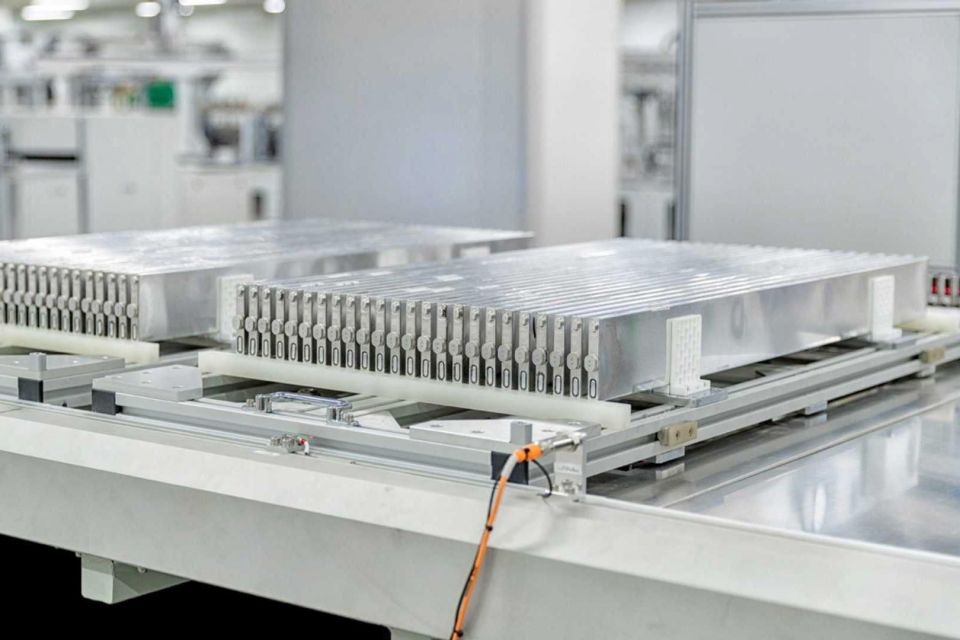
According to Fast Technology, the new Blade will have an energy density of 190 Wh/kg, allowing fewer battery cells to be used to achieve the same driving range, or providing greater range without changing the pack size.
The publication speculates this could result in certain EVs achieving 1000km of driving range on the CLTC cycle, similar to solid and semi-solid state batteries being developed by Chinese rivals IM Motors and Nio, respectively, but at a lower cost.
In the current lineup of Blade-powered BYD models, the battery is an integrated part of the chassis, adding strength to the body and allowing the weight to be positioned lower for better handling.
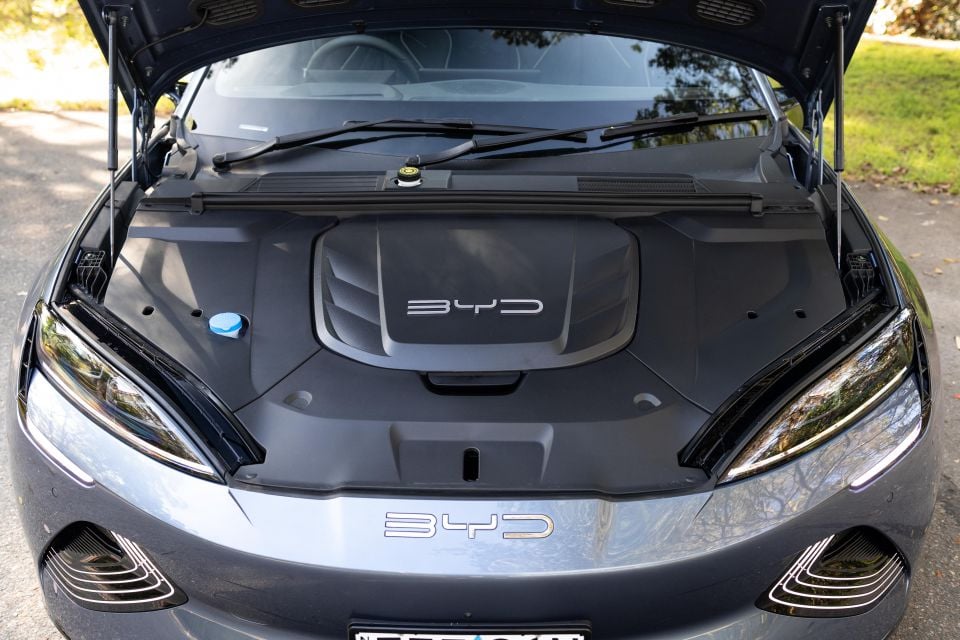
The longest-range BYD model currently sold in Australia is the Seal Premium Extended Range, with its 82.6kWh Blade battery unlocking a claimed 570km of driving range on the stricter WLTP cycle, down on the 629km claim of its Tesla Model 3 Long Range rival.
Under the CLTC cycle, the same Seal has a claimed range of 700km.
BYD’s current Blade battery was subjected to a nail penetration test before going on sale, and it didn’t overheat or catch fire – two fears commonly associated with EV batteries.
MORE: Everything BYD
Where expert car reviews meet expert car buying – CarExpert gives you trusted advice, personalised service and real savings on your next new car.
Born and raised in Canberra, Jordan has worked as a full-time automotive journalist since 2021, being one of the most-published automotive news writers in Australia before joining CarExpert in 2024.


Damion Smy
4 Hours Ago
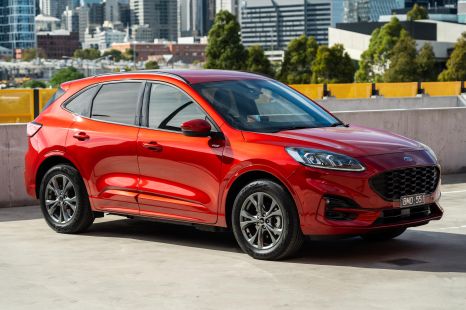

Damion Smy
5 Hours Ago
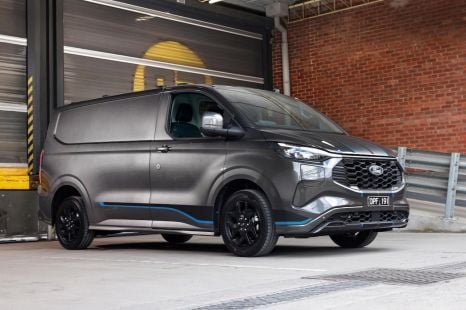

Damion Smy
5 Hours Ago


Damion Smy
6 Hours Ago
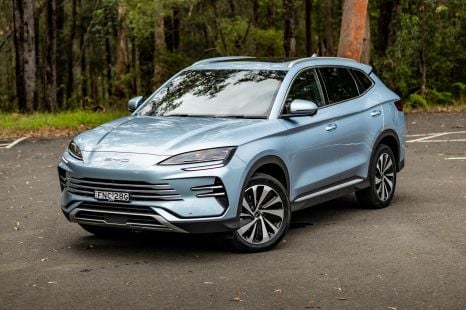

Josh Nevett
6 Hours Ago
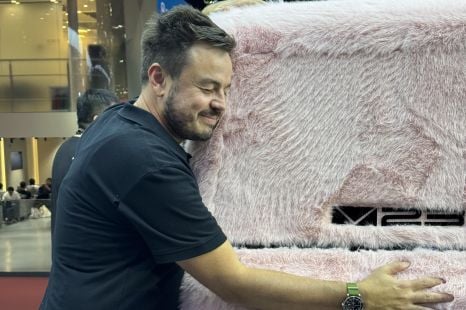

Max Davies
7 Hours Ago